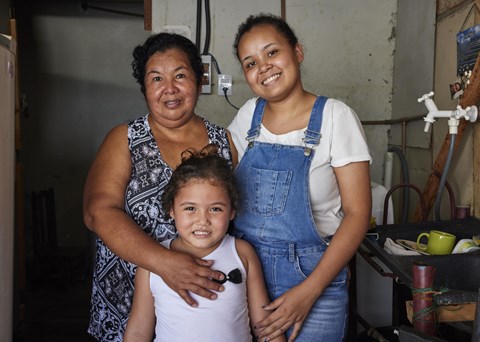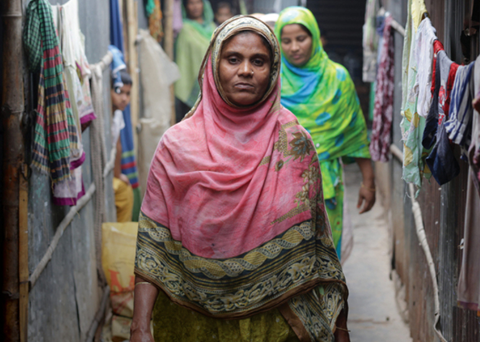In 2025, Canada will host leaders of the world’s largest industrialized economies at the G7 Summit. Housing must be on the agenda. Join us in urging G7 nations to take decisive action to improve the lives of the “invisible billion” — the more than 1.1 billion people living in slums and informal settlements without the security of a safe and adequate home. Because everyone deserves a decent place to live.
Home is more than a place to live. Home equals better health, safety and security, and the foundation for a better future. But for the “invisible billion,” home too often equals something different.
Overcrowded conditions can threaten health and safety. Limited access to essential services such as electricity, sanitation and clean water exposes life-threatening diseases. Unstable homes present vulnerabilities to extreme weather and climate change.
Without urgent action, the number of people living in these conditions will continue to grow.
Join Habitat for Humanity in calling on world leaders to take bold action to improve the lives of the “invisible billion.” The time to act is now. Read the full petition here.

Join us as we urge the G7 members to take action to improve the lives of the more than 1.1 billion people living in slums and informal settlements.
Sign the petitionOver the next five years, Habitat will work to change policies to ensure a more equitable world where everyone has a safe and secure place to call home.
Learn more